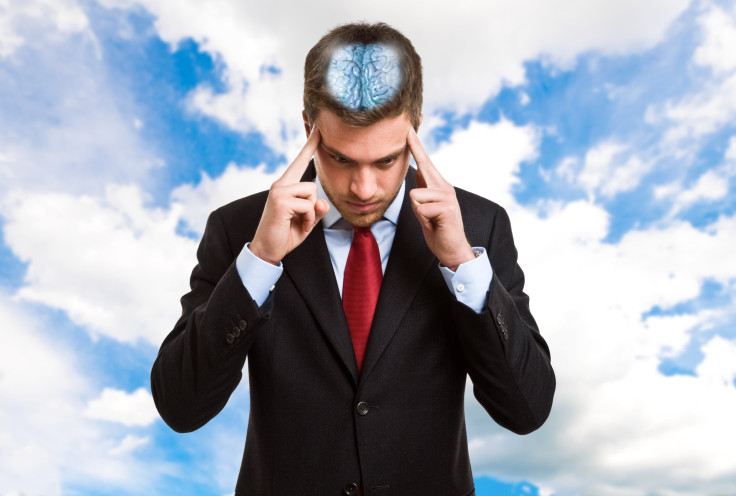People With 'Perfect Memory' Are Still Susceptible To Recalling Things They've Never Actually Seen Or Experienced

People differ widely in their ability to memorize events. Some people are hopeless with names while others seem to have a Rolodex embedded in their head.But if you’re one of the precious few people with hyperthymesia, also known as highly superior autobiographical memory (HSAM), those details simply occur to you regardless of how exceptional the context might have been. As astonishing as this memory capability is, researchers reported that memory phenoms with hyperthysmestic syndrome are ironically vulnerable to being tricked into having false memories like people with a normal memory capacity.
Remembering an event that happened at a certain point in our lives usually requires the moment to stick out from our usual day-to-day pattern. For example, the color of a carpet at a restaurant might be crystal clear in your mind because that is where you proposed to someone. But Brad Williams, for example, is a 56 year old who can remember what he did and what world event transpired on a particular day. Just say the day and he tells you what it consisted of at the snap of a finger, no mnemonic technique required.Still, even he can be susceptible to false memories.
“Researchers have previously found that memories can be distorted in every group they’ve looked at: in the young, the old, those with high intelligence and those with low intelligence,” Lawrence Patihis, a psychologist at UC Irvine and the lead author of the new study, told Smithsonian Magazine. “And when we looked at people with HSAM, in all measures, we found memory distortions too.”
Patihis and colleagues compared the performance of 20 people with HSAM to 38 people with normal memory on a series of standard memory implantation tests. These tests are intended to fool people into remembering details and events that actually didn’t take place.
The first test showed participants 15 consecutive words on a screen (light, shade, bulb, table, etc.). They were then asked about which words they saw, with a “lure” word thrown in — the word was associated with the other words but wasn’t actually presented (“lamp”). Researchers found that the participants with regular memories as well as "super" memories reported seeing the lure word 70 percent of the time.
Another test presented a series of photographs that depicted a crime being committed, which was followed by a text narrative that intentionally got numerous details wrong about what was previously shown. In this case, the hyperthymesia participants actually did worse than their normal counterparts by agreeing more with the text’s falsehoods.
A final test used a blatantly false historical fact as a lure — that there was footage of 9/11 United Flight 93 that crashed in Pennsylvania and that it was well publicized. Researchers embedded this fabrication into other random, yet accurate historical facts that were presented to them and then asked the participants if they had ever seen the footage; Out of the control group, 29 percent said yes, compared to 20 percent of the hyperthymesics.
“We didn’t know what to expect,” Patihis told National Geographic. “We thought that maybe they have a new way of remembering, a new mechanism that’s different to normal people. But now, we think that they’re remembering in the same fallible, malleable way as everybody else. They’re doing something that gives them high accuracy.”
The fact that people with more than impeccable memory can still be misled to think that they remember something they never saw has far reaching judicial implications. “This study is a rather simple way of showing — to lawyers, to the police, to juries — that all people are likely susceptible to misinformation,” Patihis told Smithsonian.
The research also points to the fact that there are several memory systems in the brain that specialize in retaining specific types of information, such as motor ability, facts, and autobiographical narrative. While autobiographical narrative is remembered especially well among people with HSAM, this gift doesn’t make them invulnerable to false or distorted memory — or even other forms of memory lapses.
“The findings … suggest that the reconstructive memory mechanisms that produce memory distortions are basic and widespread in humans, and it may be unlikely that anyone is immune,” Patihis and colleagues conclude in their study.
Source: Patihis L, Frenda S, LePort, et al. False memories in highly superior autobiographical memory individuals. PNAS. 2013.
Published by Medicaldaily.com



























